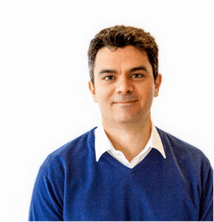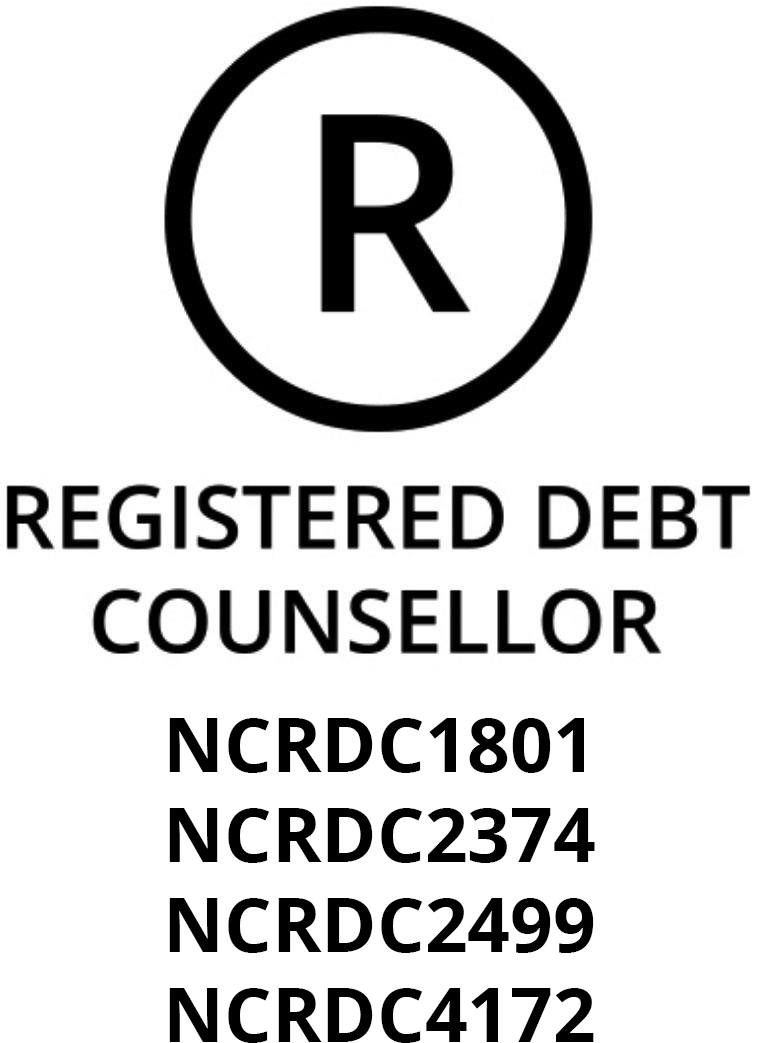This quarter we found that consumers who applied for debt counselling had less purchasing power, a higher debt-service burden, and unsustainably high levels of unsecured debt. What does this all mean?
Gain access to more insights below:
Download the full Q3 2022 Debt Index here.
Based on the results from the report, DebtBusters said this to the public:
Twin scourges of interest rates and inflation take their toll
While debt counselling proves effective in helping financially stretched consumers
With no meaningful increase in real income, the combination of rising interest rates and inflation is choking South African consumers who are borrowing more in an attempt to find breathing space.
According to DebtBusters’ Q3 2022 Debt Index, there has been more than a 30% increase in debt counselling enquiries compared to the same period a year ago, indicating the financial stress consumers are currently experiencing.
An increasing number of inquiries are from consumers who were first-time buyers of assets while interest rates were at historical lows before November 2021.
“The impact of the twin ‘I’s — inflation and interest — is evident in the data, which shows consumers are using unsecured credit to supplement their income. Average loan sizes have increased by 43% in just six years,” says Benay Sager, head of DebtBusters.
At the same time the number of debt obligations has decreased from 7.6 to 6.1 per consumer. This indicates more debt per credit agreement and that people are sooner reaching the stage where they are seeking assistance.
DebtBusters first began collating and analysing data for the Debt Index in 2016. A quarter-on-quarter comparison with Q3 2016 starkly shows how inflation has eroded income and rising interest rates are adding to debt-service costs.
Consumers who applied for debt counselling in Q3 2022 had:
-
33% less purchasing power: While nominal income was on a par with 2016 levels, when cumulative inflation is considered, the money in South African wallets and purses bought 1/3 less than it did six years ago.
-
A higher debt-service burden: On average, consumers enquiring about debt counselling are spending 62% of their take-home pay to service debt. More alarmingly the debt-to-income ratios for consumers at either end of the income spectrum is the highest recorded for Q3. For those taking home less than R5 000 a month the total debt to annual income ratio is 87% and for those with a take-home income of R20 000 or more, a historical-high of 150%.
Need debt counselling or consolidation?
Explore DebtBusters' solutions for reducing your interest rates and unlocking cash.
Find out more -
Unsustainably high levels of unsecured debt: Average unsecured debt levels were 26% higher than in 2016. The average figure is lower than during some previous years, possibly because of lender circumspection. But, for consumers in the R20 000-or-more income band unsecured debt levels were 50% higher. This is a direct result of these consumers using unsecured credit to make up for the cumulative impact of inflation on their take-home income.
Sager says that inflation and interest rates are very likely to keep rising into the New Year and South Africans need to do everything possible to reduce the cost of credit and protect their assets.
He says that for people needing help, especially to shield themselves against interest rate increases, debt counselling is a proven and effective way to do this.
It allows consumers to pay back expensive debt faster as interest rates on unsecured debt can be significantly reduced. Agreements with creditors secures assets that are part of the debt-counselling process.
“Debt counselling in South Africa works exceptionally well. The number of people who have successfully completed the process has increased sixfold in the past six years. In Q3 alone people who received their clearance certificates paid back R430-million worth of debt to their creditors,” says Sager.
Notes to editors
DebtBusters’ quarterly Debt Index is compiled from data provided by clients who have applied for debt counselling. South Africa’s leading and largest debt counsellor, DebtBusters holds the 2022 Debt Review industry award for the best national debt counselling company — the seventh time it has won in nine years.

Benay Sager Head of DebtBusters





